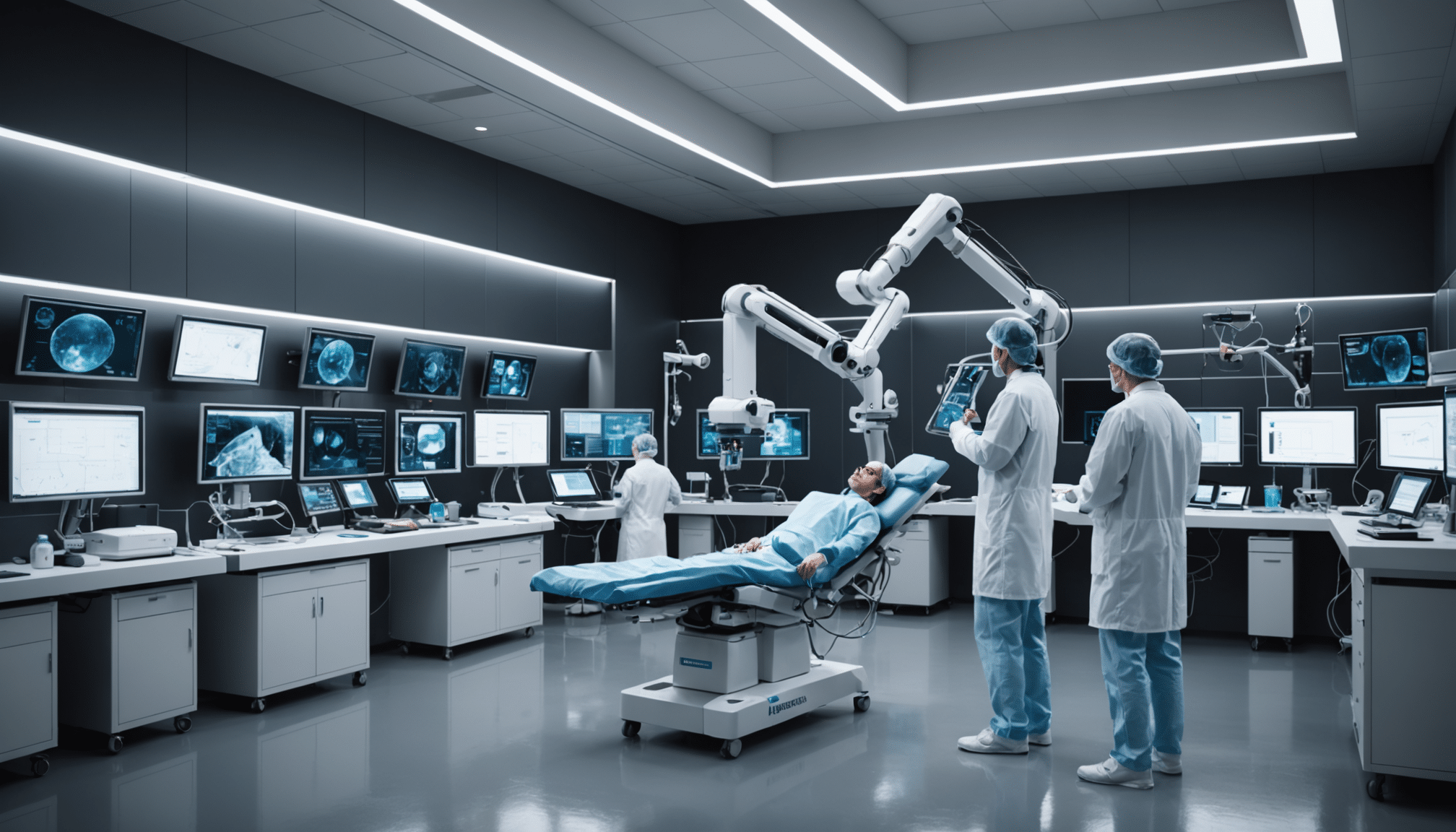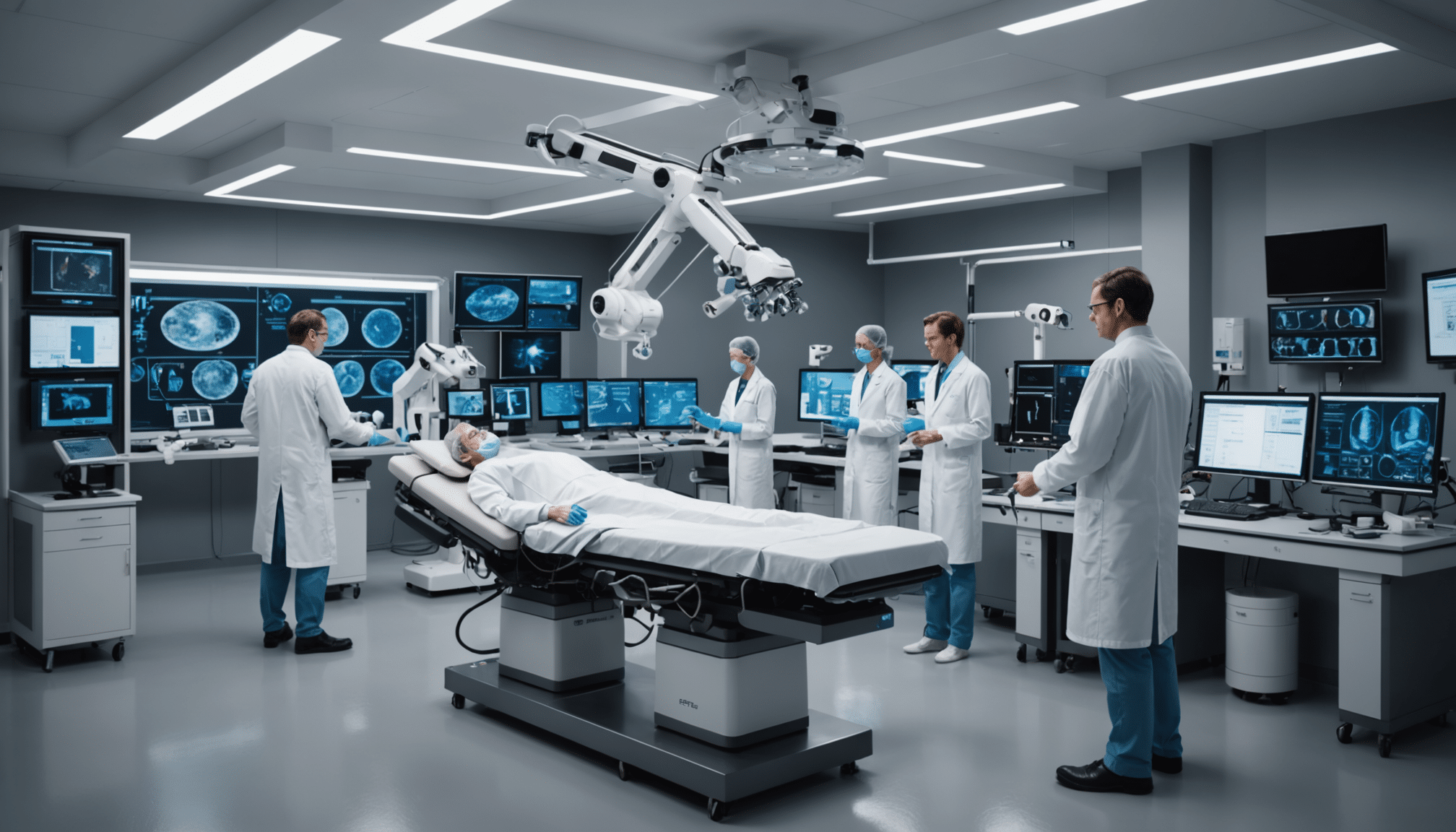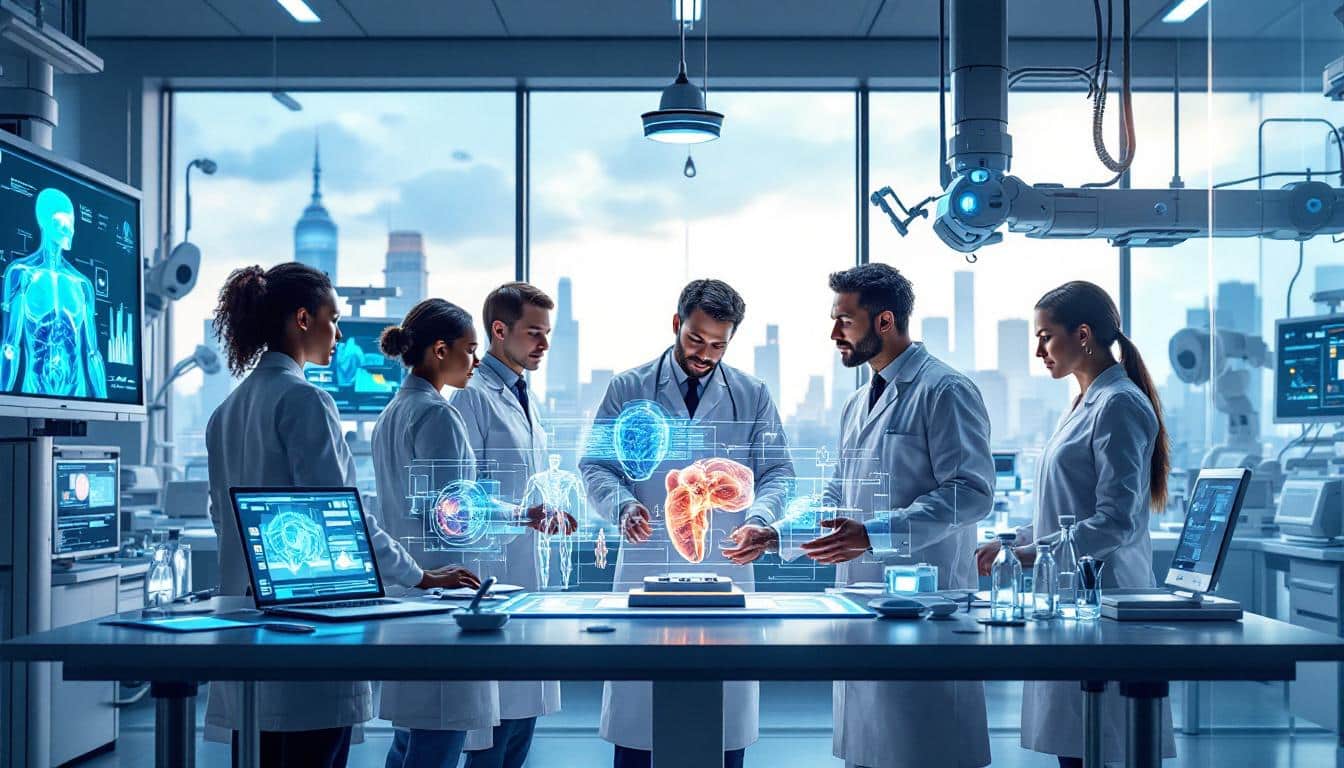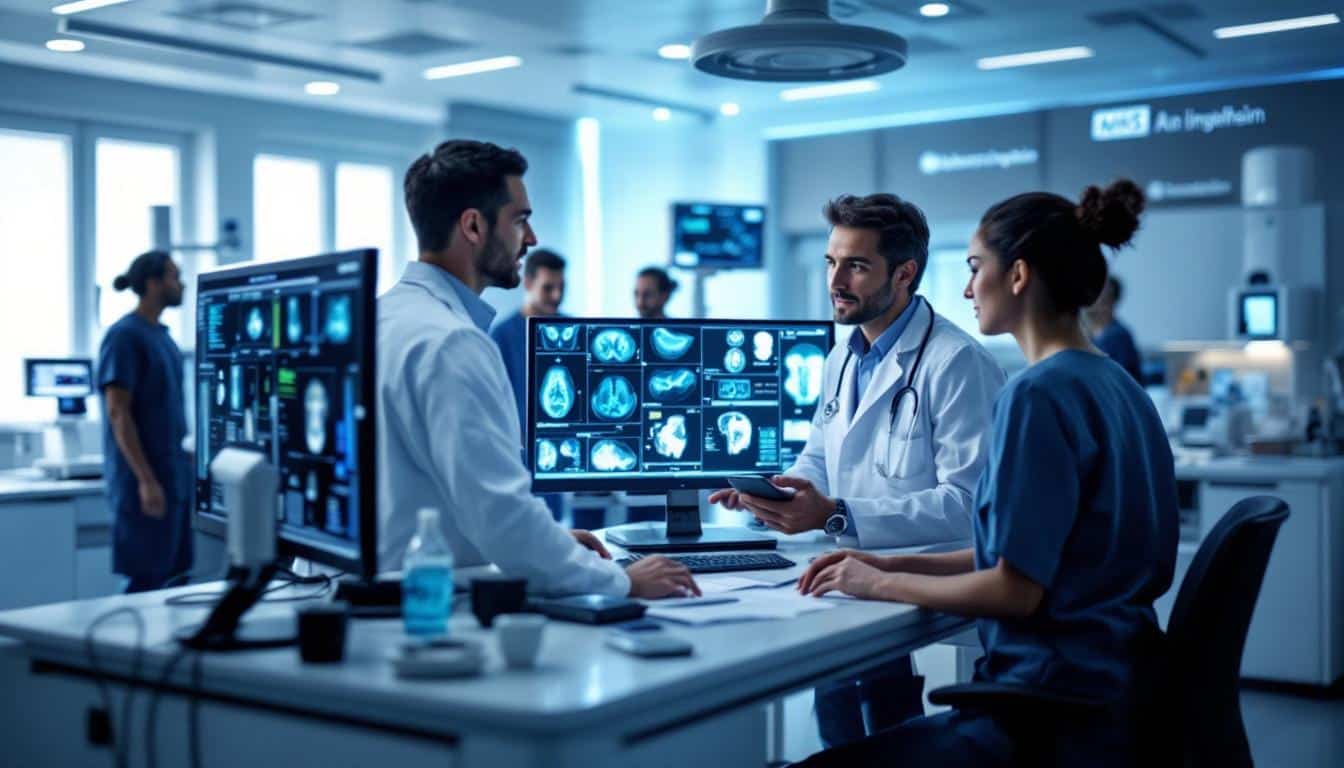The revolution of MedTech is underway, driven by spectacular technological advances and a growing need for innovation in the healthcare sector. By 2025, new trends in research and development promise to radically transform the way healthcare is delivered and perceived. The integration of artificial intelligence, connected medical devices, and advanced communication technologies are all factors redefining the standards of safety and effectiveness. This dynamic is not only limited to the evolution of products but also encompasses the emergence of new collaboration strategies between hospitals, researchers, and companies, fostering an ecosystem conducive to continuous innovation.
New Trends in Research and Development: The Evolution of MedTech by 2025
The MedTech sector is undergoing massive change, with significant trends redefining the contours of health and medical care. The rise of artificial intelligence and machine learning (AI/ML) is transforming diagnostic and treatment practices, accelerating research and development processes in the medical field. Companies are pushed to innovate rapidly while complying with new regulations to ensure the safety of technologies.
Furthermore, the integration of connected medical devices, powered by safer and more efficient batteries, paves the way for new applications in telemedicine. The medical device market is expected to reach 23 billion euros by 2025, with growing demand for solutions tailored to healthcare in various contexts, including rural areas and developing countries.
Faced with challenges such as cybersecurity and optimizing supply chains, players in the MedTech sector are committed to establishing collaborative partnerships to develop innovative solutions. By 2025, the landscape of MedTech will thus be shaped by technological advances and bold initiatives in health.

The MedTech sector is experiencing a dramatic transformation, marked by the increasing integration of artificial intelligence and advanced technologies. By 2025, medical device companies are expected to intensify their efforts in research and development to create innovative and effective solutions. Start-ups and industry giants are investing heavily in AI applications, aiming to improve the diagnosis and treatment of complex pathologies. This technological emergence promises to make healthcare more accessible and personalized.
The Challenges of Regulation and Cybersecurity
As medical technology advances, regulation becomes a major issue. Regulatory bodies such as the FDA are establishing strict standards to ensure the safety of devices. At the same time, cybersecurity is becoming a top priority with the rise of connected devices. It is crucial for medical device manufacturers to collaborate with security experts to protect patient data. The increase in ransomware attacks also highlights the need to create robust systems that combine performance and security.
Personalization of Healthcare through Technology
Advances in data analysis and biotechnology are paving the way for a more personalized approach to healthcare. By 2025, diagnostic systems will be able to integrate genetic and clinical data to offer tailored treatments. This trend will contribute to improving clinical outcomes and reducing side effects. Patients, now active participants in their health, will benefit from close monitoring through connected wearable devices, thus transforming their care experience.
The field of MedTech is undergoing a spectacular transformation, fueled by innovations that redefine the standards of research and development. By 2025, there is an expectation of increased integration of artificial intelligence and machine learning in innovation processes, allowing for the personalization of care and improved efficiency in the diagnosis and treatment of diseases. This dynamic is essential to meet the growing challenges in healthcare and the expectations of patients.
At the same time, surgical robotics and connected medical devices will play a central role in the evolution of medical practices. The advent of smaller, portable devices promotes greater access to care, notably in rural or under-equipped areas. These technologies are poised not only to revolutionize surgical interventions but also to facilitate telemedicine, thus providing solutions to complex health issues on a larger scale.
The issues of cybersecurity remain concerning as connectivity increases. Industry players will need to rethink their strategies to include robust security protocols in the design of devices. Thus, collaboration between manufacturers and healthcare facilities will become crucial to mitigate the risks associated with connected medical devices.
Finally, the growing importance of high-performance batteries and the search for alternative solutions, such as sodium-ion batteries, will open new perspectives for the autonomy of medical devices. By 2025, these advancements will not only transform the way care is delivered but also the sustainability and reliability of medical technologies. MedTech is headed towards a promising future focused on innovation, safety, and improved patient outcomes.














